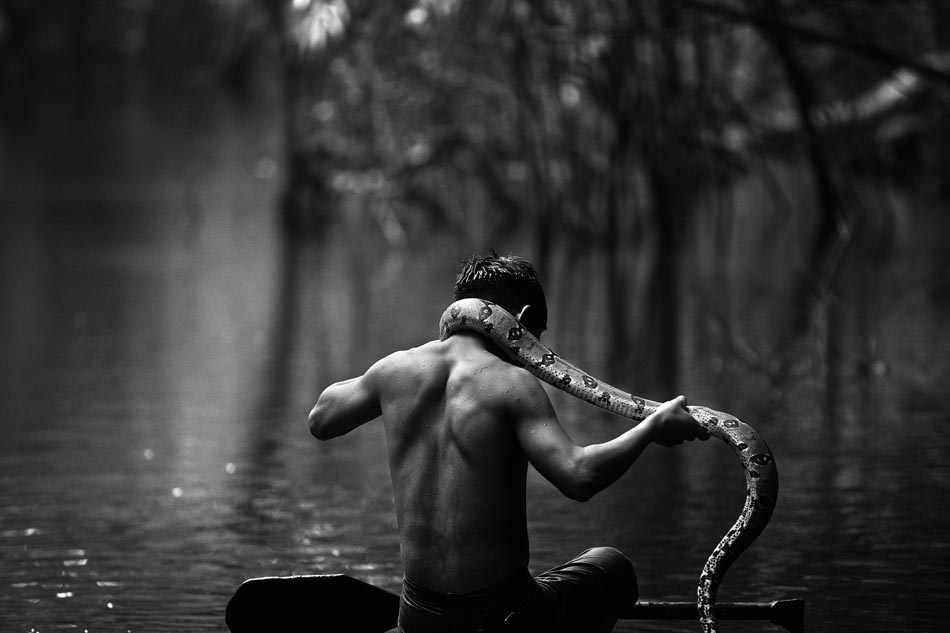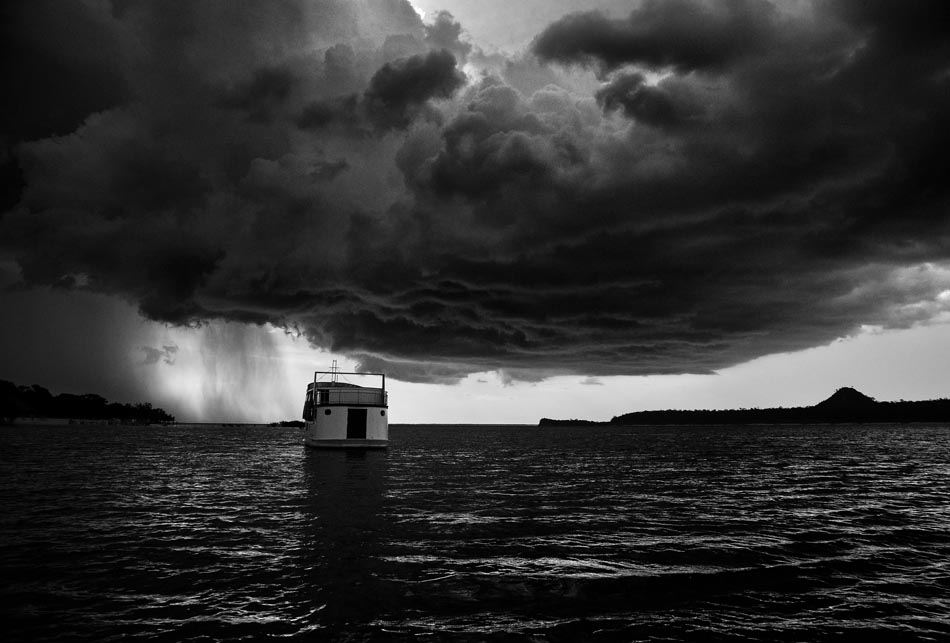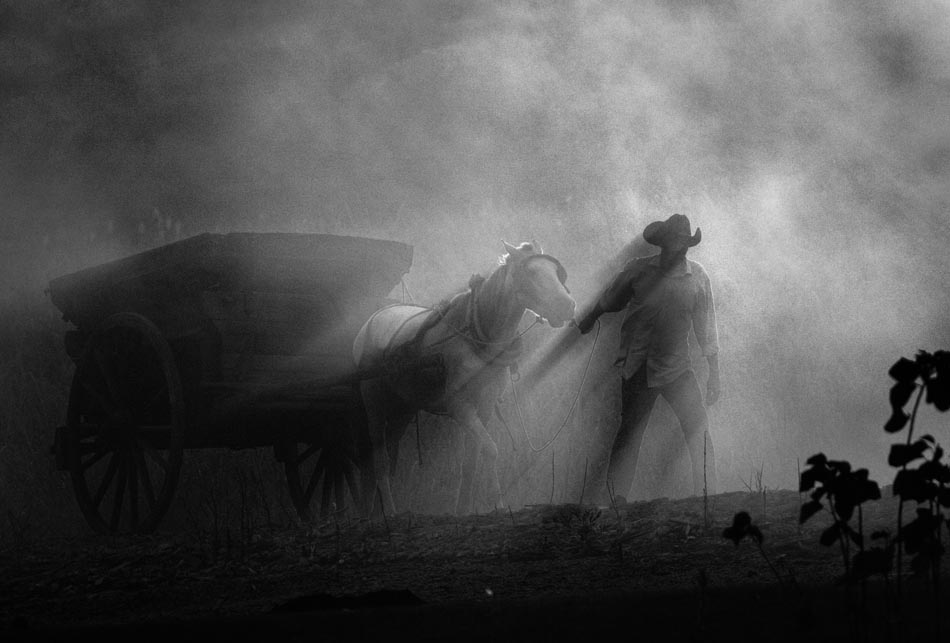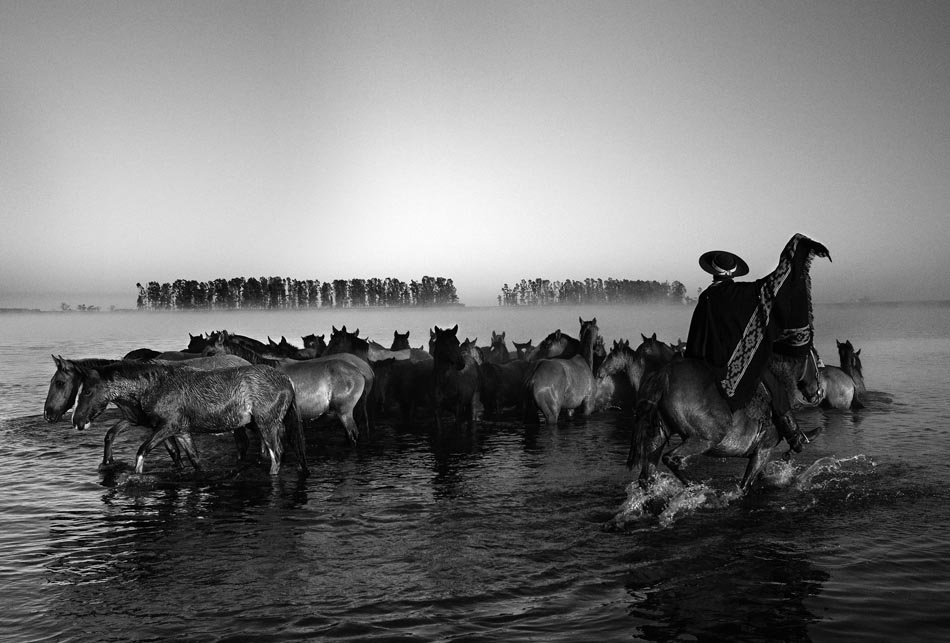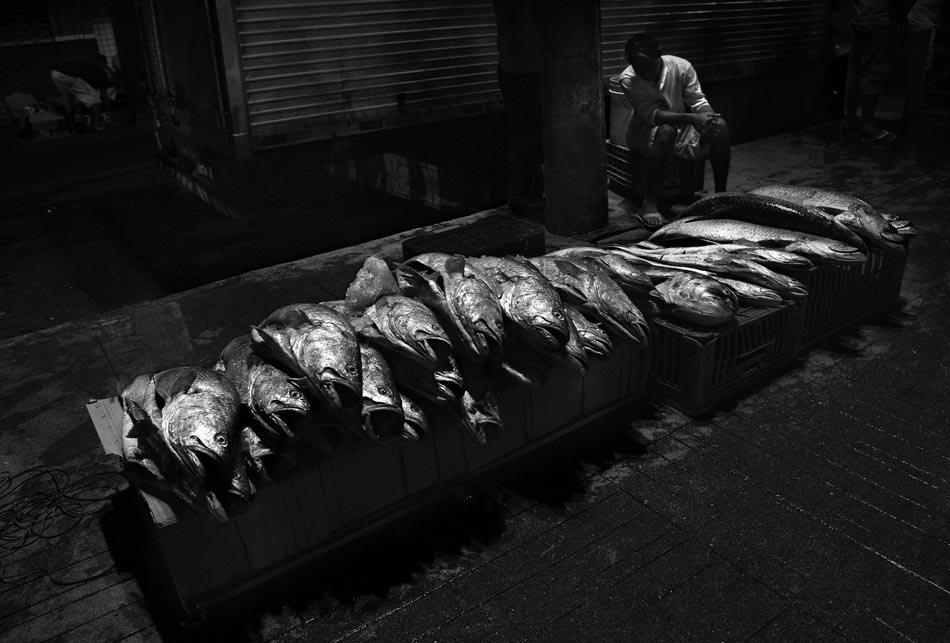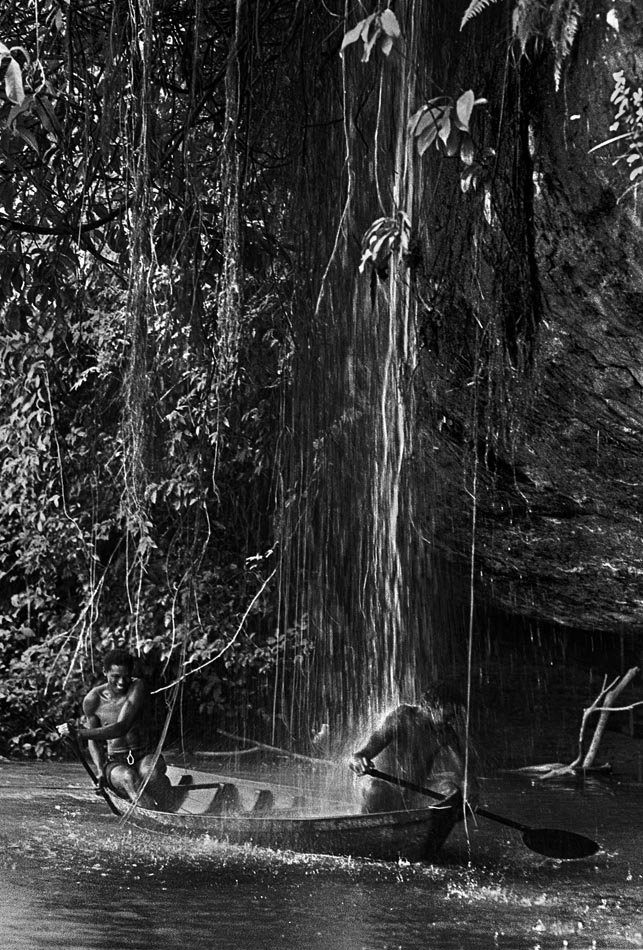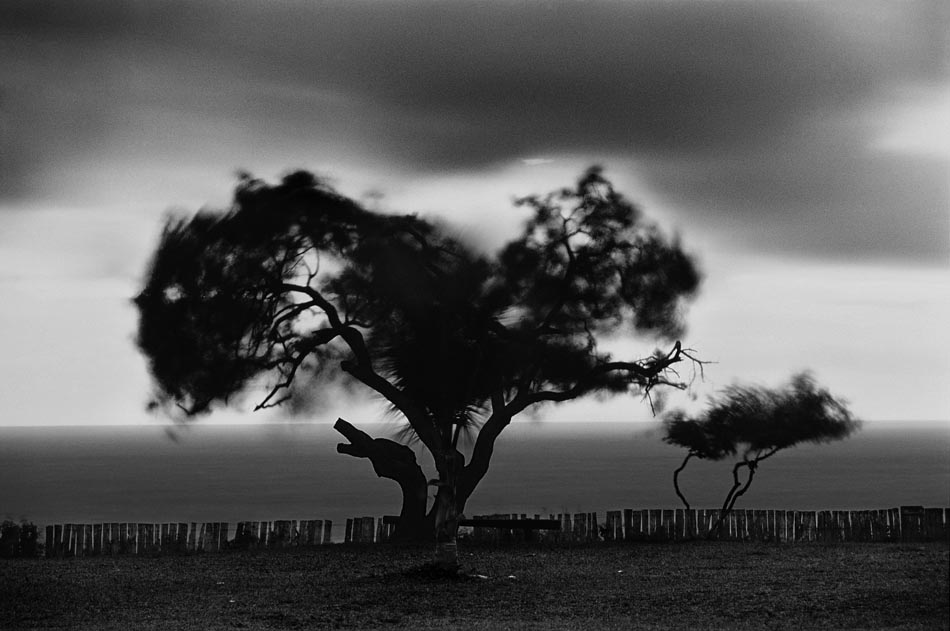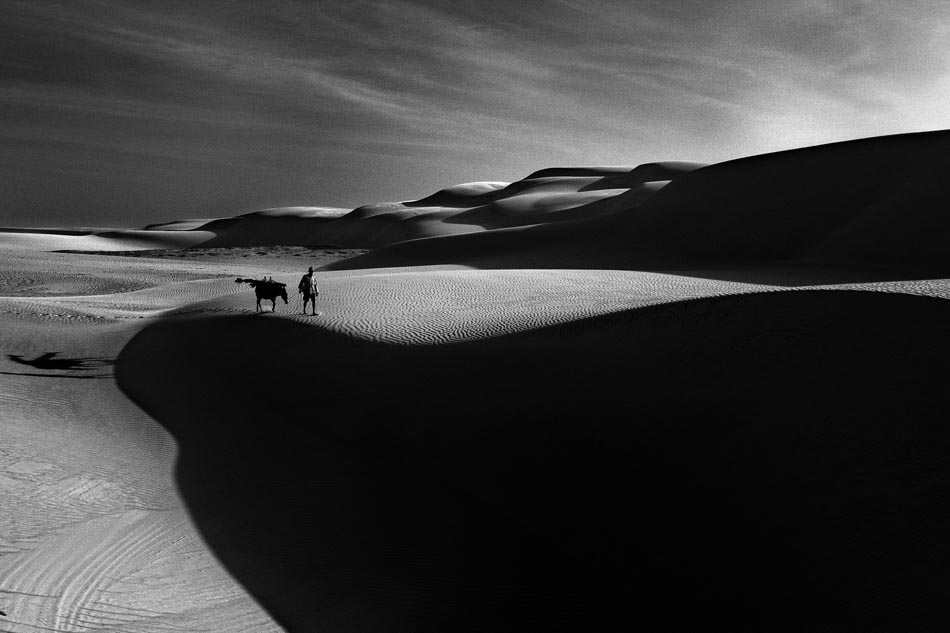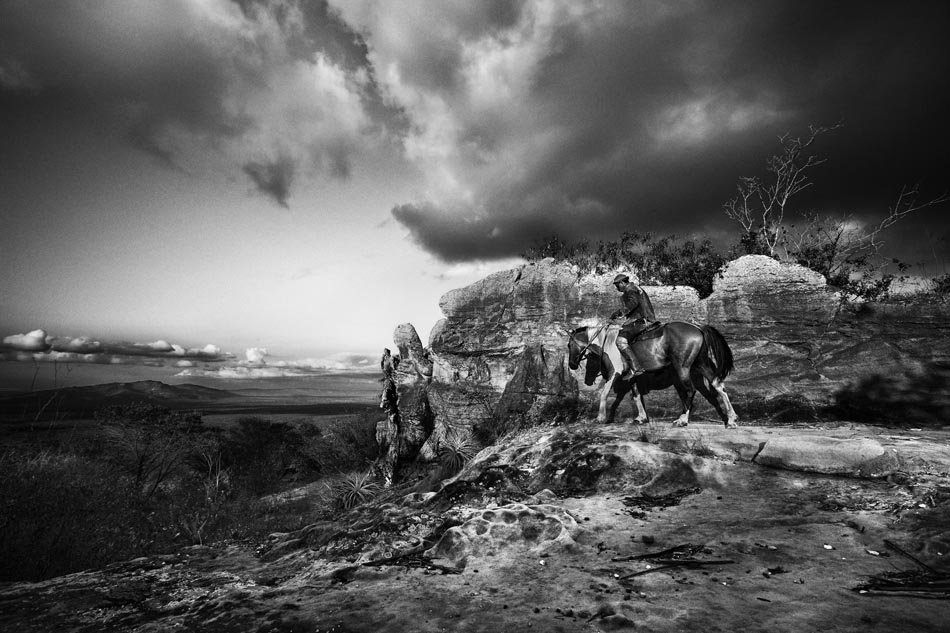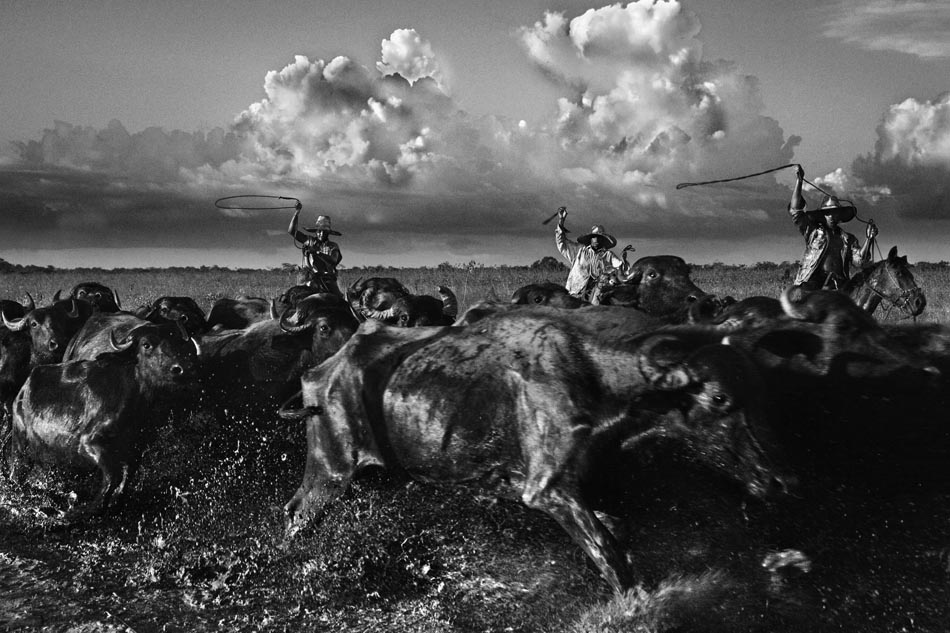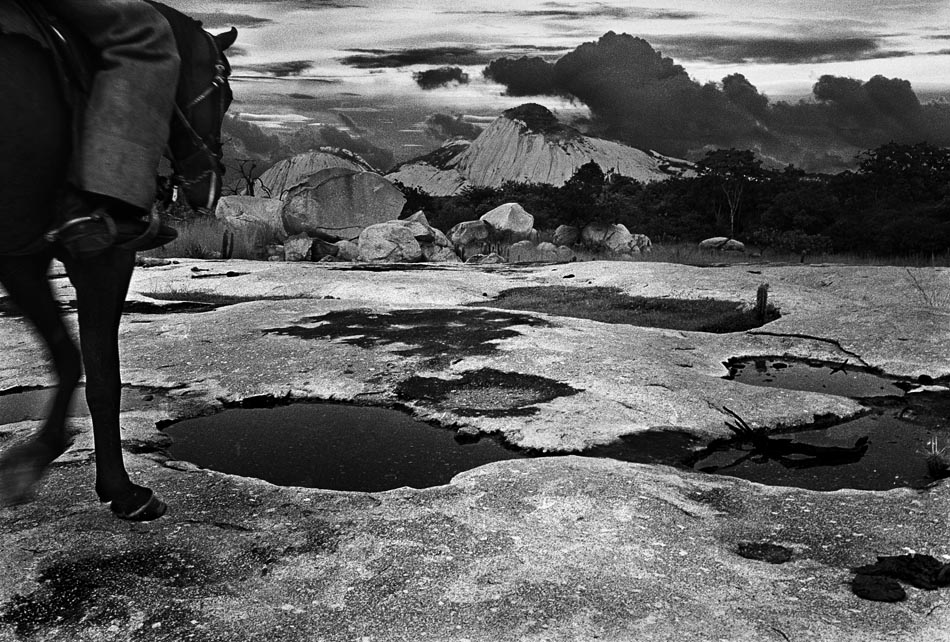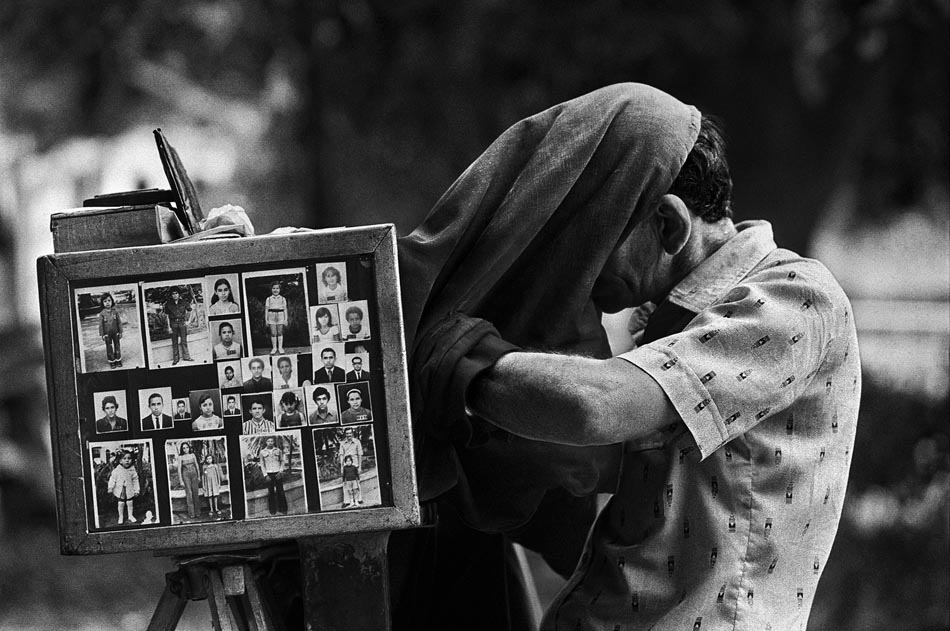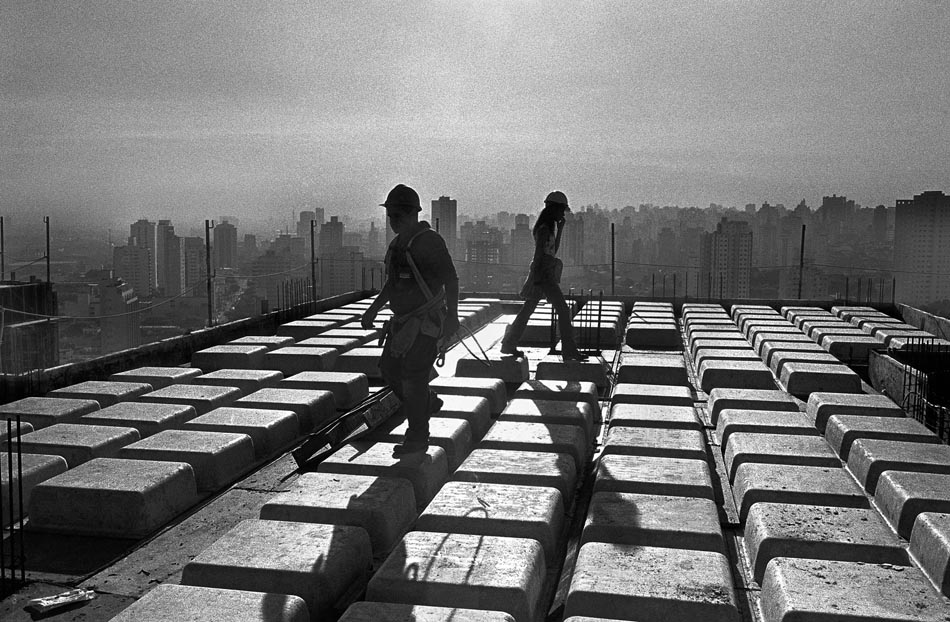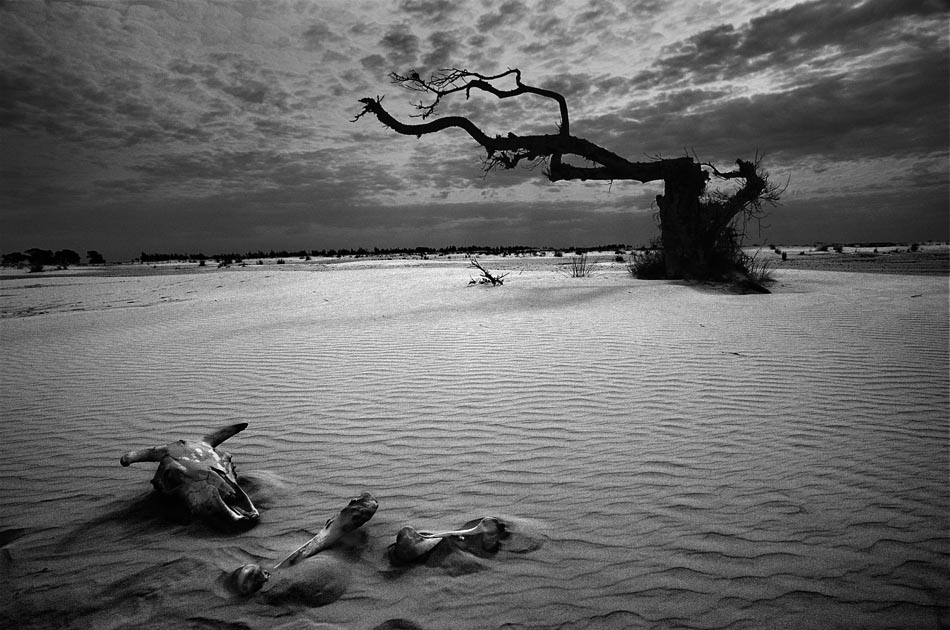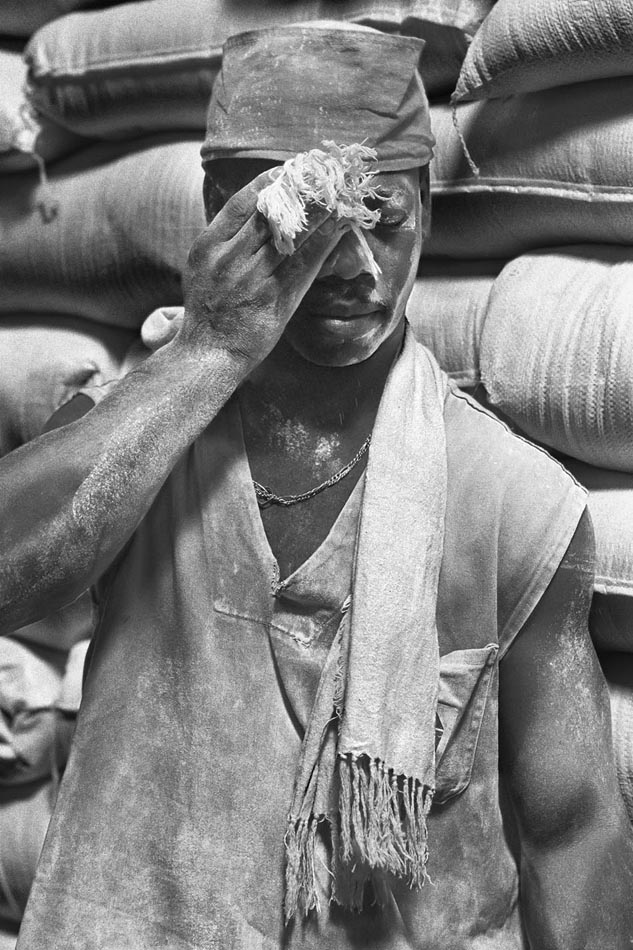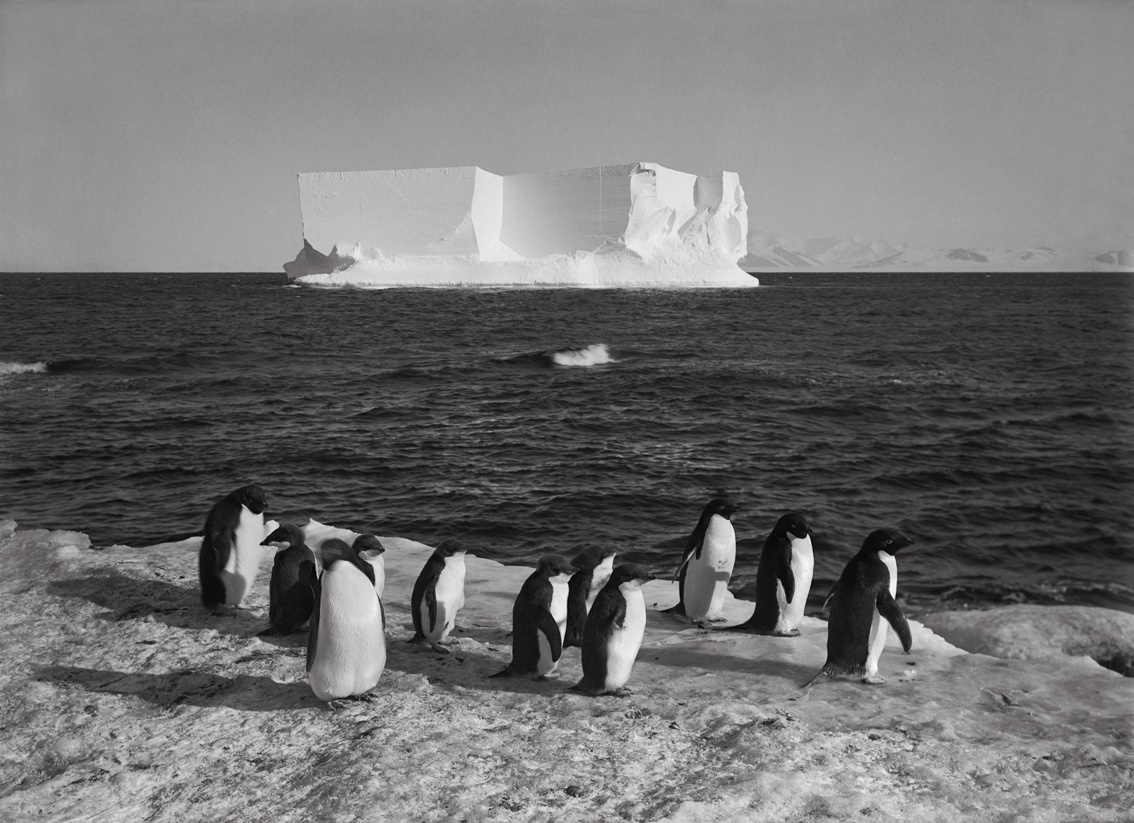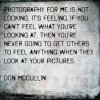You are using an out of date browser. It may not display this or other websites correctly.
You should upgrade or use an alternative browser.
You should upgrade or use an alternative browser.
Your favourite photographers or images
- Thread starter Digimonkey
- Start Date
- Messages
- 3,853
- Thread Starter
- #82
Incredible as it may seem, I like it.
Good man - don't listen to the rest of them. It's a stirring martial sound. Says a Scottish person - ha ha. Cumprimentos - I.
- Messages
- 3,853
- Thread Starter
- #83
Reminds me of the German Romantic painter Caspar David Friedrich as well
@Barry Giddens - well said - like this? -

Or -

Yours - I.
- Messages
- 5,398
Yes
- Messages
- 4,122
For me I really admire the work of Don McCullin....especially as I have been in a few war zones over the years. Sometimes you are too busy looking after yourself to actually see what is in front of you. Interestingly he was turned down by the Government during the Falklands War. His style of photography was deemed to be potentially damaging to public opinion.
- Messages
- 2,890
- Location
- London
Exactly like that Iain.@Barry Giddens - well said - like this? -
View attachment 27377
Or -
View attachment 27378
Yours - I.
- Messages
- 1,860
- Location
- St Leonards, Dorset
David Douglas Duncan. Premier war photographer of the Vietnam war.
I might be an old fogey, but it's hard to get excited about images that have been manipulated and enhanced with Photoshop and other digital editing software. Give me a great photo produced "in camera" any day.
I might be an old fogey, but it's hard to get excited about images that have been manipulated and enhanced with Photoshop and other digital editing software. Give me a great photo produced "in camera" any day.
- Messages
- 3,671
- Location
- Surrey, UK

Photo taken by Juan Guzmán on the rooftop of Hotel Colón, Barcelona during the July 1936 military uprising in Barcelona.
On a lighter note, I'm a fan of French photographer "Florent Courty" https://500px.com/florentcourty
- Messages
- 3,951
- Location
- North East.UK
- Messages
- 17,591
- Location
- Sunny Cornwall
I have to agree with you there, I have always stayed away from photoshop for those reasons but each to their ownDavid Douglas Duncan. Premier war photographer of the Vietnam war.
I might be an old fogey, but it's hard to get excited about images that have been manipulated and enhanced with Photoshop and other digital editing software. Give me a great photo produced "in camera" any day.
- Messages
- 1,860
- Location
- St Leonards, Dorset
Photography was diminished when Kodak invented the colour film.
- Messages
- 3,853
- Thread Starter
- #96




Looking at the post yesterday by @udrako - The work of Frank Hurley - Australian still and moving photographer. He was an experienced Antarctic photographer but is most famous for being on the crew of Ernest Shackleton's ill fated 1914 attempt to cross the continent on foot. Their ship - pictures 1 & 2 - the Endurance, became trapped in ice in the Weddell sea eventually being crushed and sinking. Thankfully this happened slowly and they had time to strip the ship of all their supplies and anything else useful to their survival. After no small danger they eventually ended up setting up camp on Elephant Island and Shackleton with 5 other men set off in an open 22 ft lifeboat to get help. Incredibly they survived the 800 mile journey through some of the roughest seas in the world - and made it to Stromness whaling station on South Georgia. The rest of the party were duly rescued - Shackleton didn't lose a single man. Most of them made it home in 1916. It's an incredible story - Shackleton wrote a very good book about it - 'South.' I recommend it.
Upon rescue - none of them knew about the outbreak of war, as they had left before it started - Hurley became an official photographer to the Australian army mostly working in the Ypres campaign - the fourth picture. Hurley survived the war but - sadly - most of the rest of them did not. To have lived through their ordeal in the Southern Ocean to die - or be badly wounded in the trenches is grimly ironic indeed. cheers - I.

